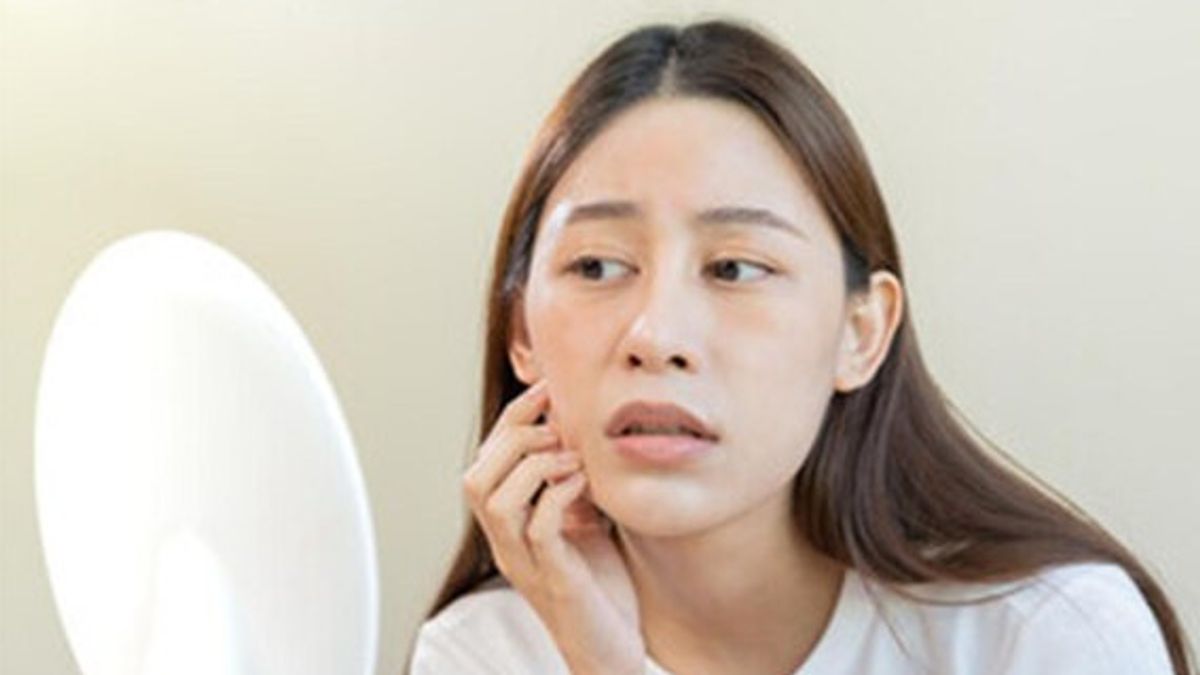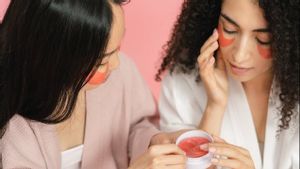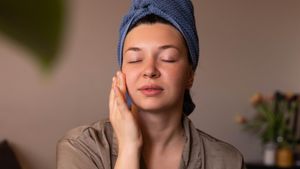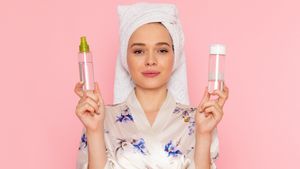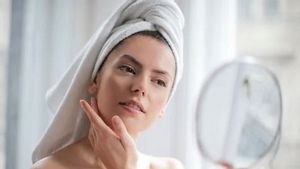YOGYAKARTA Active ingredients are skincare formulas that function to provide certain benefits according to their respective advantages. For example, to reduce fine lines of aging, brighten skin, fight acne, or eliminate black spots. Active ingredients that have a useful formula for this purpose. However, not many people know, the strength of these ingredients must be applied with certain conditions. One of them must be used at night so that the skin does not experience photosensitivity because the active material has a high octane.
Skin is sensitive to ultraviolet (UV) light exposure, both from the sun or UVA and UVB as well as high watt light, called photosensive. If your skin is very sensitive to sunlight, the skin is more easily damaged which can cause skin cancer and premature aging. So what kind of active material in skincare should be applied carefully according to the rules?
First, active materials that we know with retinol. Retinol has a number of benefits for the skin, so it is formulated in skincare. The benefits of retinol include helping to encourage collagen production, disguising fine lines, and flattening skin tones. Unfortunately, retinol is an active ingredient that if it is in skincare must be used at night. This prevents the skin from being sensitive to sunlight and causes damage or the formula does not work optimally.
Frozens that peel or encourage skin cell change are the biggest causes that cause photosensitivity. When you remove dead skin cells and expose the finer new skin underneath, your skin becomes more susceptible to damage from UV light,, said Deborah S. Sarnoff, MD, president of The Skin Cancer Foundation.
Such as retinol or other active ingredients that aim to peel or encourage cell changes, alpha acid and beta hydroxy (AHA and BHA), also include materials that are known to be useful for having anti-aging effects and fighting acne. But it also makes the skin too sensitive. Brightening ingredients, such as hydroquinons, work by reducing the amount of melanin on the skin, thereby reducing the skin's natural defenses against UV rays.
SEE ALSO:
If you have included active ingredients such as retinol, glycolic acid, and salicylic acid into your skin care routine, you have taken great first steps in keeping your skin charming. The next step is to ensure that it always protects the skin from the sun, so that care is not in vain. Dr. Sarnoff says there are several steps that can be taken to protect the skin from side effects. Namely by choosing the right way of use.
"One of the options is to use products with ingredients that cause solar sensitivity only at night," said doctor Sarnoff as quoted by The Skin Cancer Foundation, Thursday, December 5.
Besides wearing sunscreens with more than 30 SPFs, it is also important to provide physical protection on the skin for sun exposure. For example, by wearing a wide-edged hat or taking shelter in a shady place. It is also important to consult a dermatologist when combining skincare formulas with different active ingredients.
The English, Chinese, Japanese, Arabic, and French versions are automatically generated by the AI. So there may still be inaccuracies in translating, please always see Indonesian as our main language. (system supported by DigitalSiber.id)
